Don’t Beg for Oppression
White, cisgender, gay men take up too much space in the fight for LGBTQ+ rights and it’s time for that to change
ALEKS MAGNUSSON VIA PEXELS
The LGBTQ+ community, like other communities, has intersectional differences.
October 23, 2021
Recently, in a scandal-filled special, venerated comedian Dave Chappelle embarked on a transphobic rant, emulating the likes of well-known transphobe J.K. Rowling and embracing the ideology of trans-exclusionary radical feminists, or “TERFs,” as a whole. The hate-filled discourse — thinly veiled as comedy — displays yet again just how far away the LGBTQ+ community truly is from being accepted into mainstream society.
Chappelle’s words not only invoked feelings of anger at the discrimination faced by the LGBTQ+ community, of which I am a part, but led me to truly examine the state of it, especially in a place like NYC. Here, cisgender, white gays are as common as subway stops, and as one of them, I can attest to the density and equity of our section of the community. However, our privileged experience is not shared by all LGBTQ+ people.
In NYC, cis, white, gay men have wealth and protection and enjoy all the trappings of a normal life; there is often next-to-no stigma about the people we choose to love. Here, homonormativity is abundant, and we need to do better.
Why do we maintain the pretense of oppression under such utopian circumstances? As a community, centuries of gays have fought for equality and respect, and on these streets, we, for the most part, have it.
As a white, cis, gay man, I find NYC to be as unproblematic as life can be, with no qualms about whom I choose to love. Representation is abundant in the couples I see on the streets and on the advertisements plastered on every surface. Not a block away from FCLC’s campus is a plethora of gay bars and restaurants in Hell’s Kitchen.
So for all the world on a silver platter, why are we still claiming to struggle as much as our counterparts that make up the rest of the community? Chappelle’s vicarious rant of blatant transphobia is something trans people are still dealing with in 2021. The same subtle criticisms and barbs thrown at cis, white, gay men would be met with a career-ending maelstrom of cancellation.
People of color who experience anti-gay hate crimes find it harder to determine whether the crime was committed as an act of homophobia or as a racial incident.
The same existence in NYC is not afforded to gays of color, queer women or the rest of our community. We are a select overrepresented portion that benefits just enough from the racist, patriarchal systems that govern our society to stay heads and shoulders above the rest of our people. And yet, some white, cis, gay men act like we fight the same fight as them.
Don’t get me wrong, hate is real, and I, just like a vast majority of the LGBTQ+ community, have faced it head-on. However, we experience hate disproportionately less than our black, trans and nonbinary counterparts.
People of color who experience anti-gay hate crimes find it harder to determine whether the crime was committed as an act of homophobia or as a racial incident. The same issue applies to trans and nonbinary people, as well as women.
As a white, cis, gay man living in a position of extreme privilege, I say it is time to give up the oppression act. I’m tired of the performative Instagram story posts about hate crime statistics referring to black trans women dying regularly and the surface-level acknowledgments during Pride followed immediately by white, cis, gay men doing designer drugs at racist clubs in the most gentrified areas of the city.
We must stop taking up space in the fight for justice and recognize the progress behind our apparent freedom while in NYC.
As gay men in positions of equity and relative freedom from the oppressive systems that suppress our community, we need to do better. Too often it is a white gay accepting apologies for hate crimes committed largely against the further marginalized sect of our community. It is not our place to stand on a podium and preach about the oppression of our people when we do not bear the brunt of it. There is a fine line between elevating and talking over the voices that need to be heard, and as a sect of a community that is suffering, we have to recognize our position.
We must stop taking up space in the fight for justice and recognize the progress behind our apparent freedom while in NYC. We can attend the rallies, but we have no need to be speaking; as a group, we need to take a supportive stance rather than absorbing the support. Here is the place to bite the bullet and work to liberate and support our counterparts who identify as trans, people of color and nonbinary and to do real work to help us all instead of just us. Pride parades are not just celebrations, but protests still. We need to advocate for gender-neutral bathrooms, regardless of our need for them. We need to advocate for total and comprehensive reproductive healthcare for all people, not just cis people. We need to share our privilege and equity to the people of color and trans members of our community suffering greater struggles than us.
As a whole, our community is stronger united than divided.
Note as well that while this may be the case in NYC and in choice metropolitan areas, it is not always the case, and being gay is still very much a real and dangerous stigma globally. I am well aware of the dangers I and other white, cis, gay men — and the rest of our community — face in other places. There is still ample discrimination in faraway places like Brunei and Saudi Arabia, and even a skip, hop and leap to the deep South of the continental U.S.
As much as it is seemingly a thing of the past in our locale, homophobia is alive and well. However, this fact should only drive our efforts and inspire us to use our privilege to support and empower the parts of our community that need it, to move equity and wealth into marginalized LGBTQ+ spaces, and to normalize all facets of being queer — not just being cis, white men.
As a whole, our community is stronger united than divided. On some base level, we have all encountered similar struggles as queer people that unite us, but there are different intersectional experiences within our community. As the most privileged of the bunch, it is our duty to stop the pretense of oppression, and instead lift up the parts of our community that are still very much left behind.

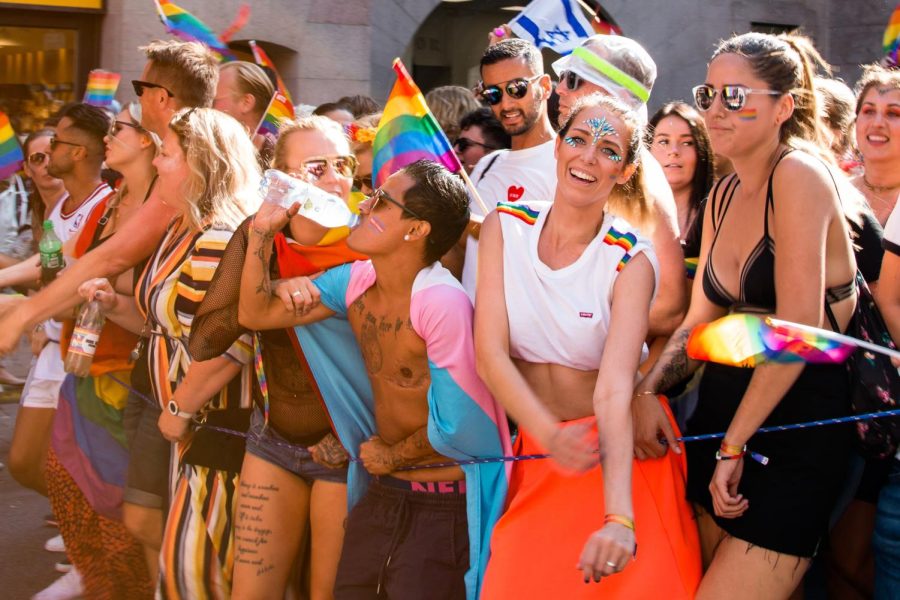
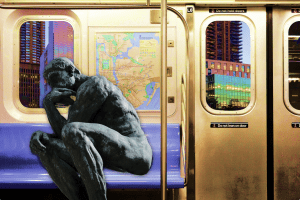
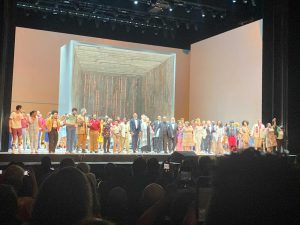
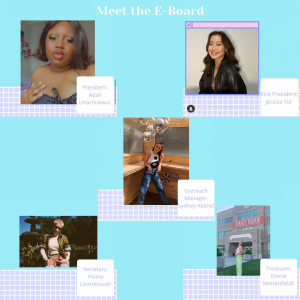
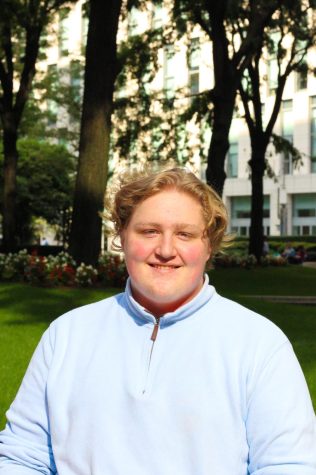











Angela • Apr 22, 2023 at 9:09 am
Jake, dude, you are an idiot.
Joe • Mar 26, 2023 at 7:29 pm
What an absolutely hateful piece of drivel. Please speak only for yourself as a “white cis gay man.” You are as clueless as you are condescending.
Ohsogay • Oct 23, 2021 at 1:26 pm
Homonormativity is now a thing, right? Sweet Gods, what a terrible world we start to live in. But there’s hope and I know it as I experienced it myself: please leave the woke train, people, and you’ll feel free again 🙂